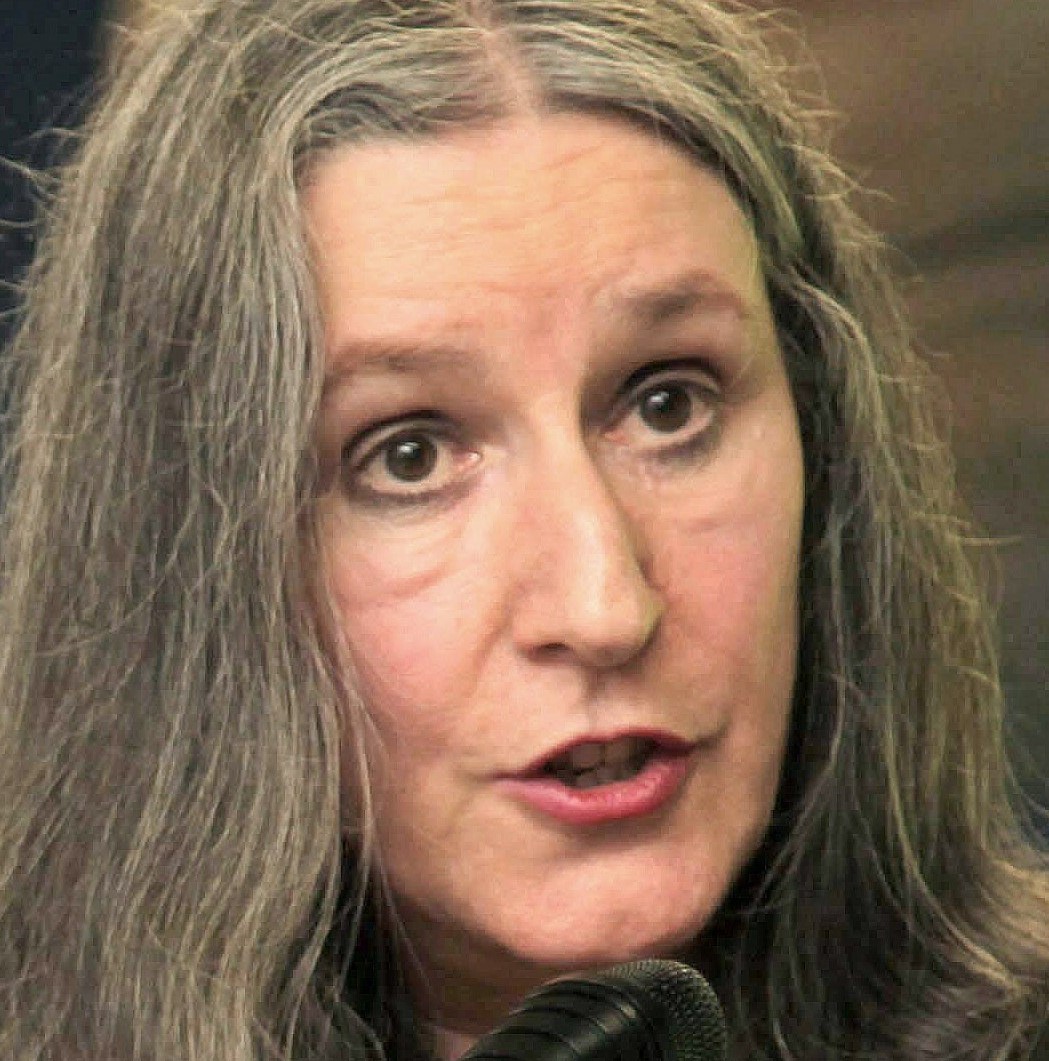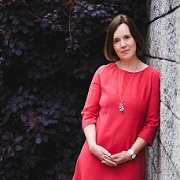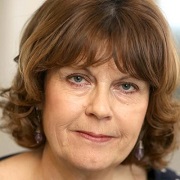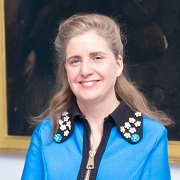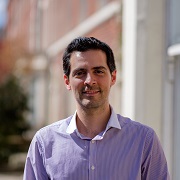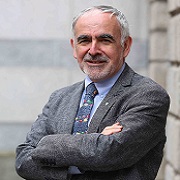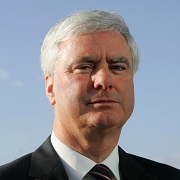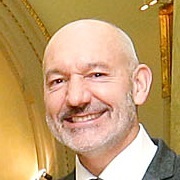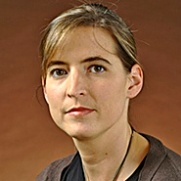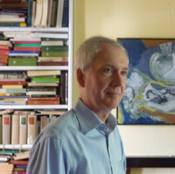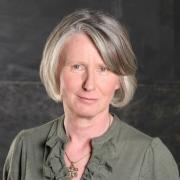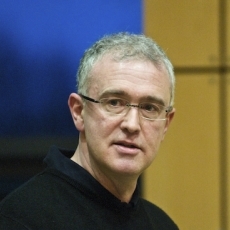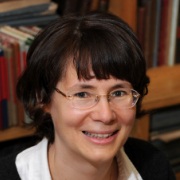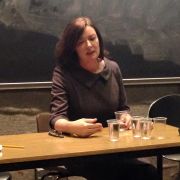What is it that we mean when we talk about the Humanities?
The Humanities might be defined as that branch of knowledge which concerns itself with those characteristics and those qualities that set us apart from those other living beings with whom we imperfectly share this planet. Characteristics which go beyond the physical; beyond the bipedalism, the short gut, the enlarged cranium; those evolutionary quirks which opened the door to what we would become. At root, the Humanities seek to explore what it is to be human.
For one thing, we are the meaning-making animal. So far as we know, we are the only lifeform that regards the universe and poses the foundational question, why? And in a myriad of ways then seeks to answer that question; through philosophical inquiry, through scientific method, and when those fall short, through story and myth. We are the universe seeking to make sense of itself.
We are also the imagination animal. Through the invention of language, we can both describe the real world around us and invent abstract concepts unmoored from the strictures of observed reality. No other creature that we know of can hope or dream or believe in the way we do, or create alternate futures or realities through an act of the imagination. In this way, we inhabit both sides of the Shaw quote: ‘Other people see things and say ‘why’? But I dream of things that never were, and I say: why not?’
And we are the beauty animals as well. A certain composition of colours, a juxtaposition of sounds, a sequence of words – these can move us in a perception of beauty in a way not experienced, to our knowledge, by any other organism.
These attributes and inclinations are important to me in their uniqueness in the known universe. Perhaps there are other beings out there that question, create and feel as we do, but we have yet to meet them.
But they are internally important too. We live our most contented, most fulfilled and most meaningful lives not in the accretion of material wealth or power but through our engagement with the Humanities.
And as we come in contact with the physical limits of our planetary system, as we transgress the carrying capacity of our shared home to sustain a lifestyle defined by the ruling ideology of our times, the Humanities must play a central role in remediating our societies, examining the social imaginaries that shape these societies and imagining ways for us to live better together. If an ideology, as Kim Stanley Robinson defines it, is an imaginary relationship to a real situation, then we will need to jettison an economic system that posits infinite growth in a finite system or one that places the extreme wealth of the very few above the sufficiency of the many.
Through the Humanities, we will have to reimagine a society that redefines personal worth in a way that doesn’t rely on material extractivism, a society that prioritises quality of life over standard of living. In a similar way that we seek to decouple economic prosperity from emissions or environmental degradation, we must also decouple our understanding of human happiness and wellbeing from material consumption.
That will be the great human project of this century. It will be a project of meaning-making, of imagination, and I hope in the end, one of great beauty.






